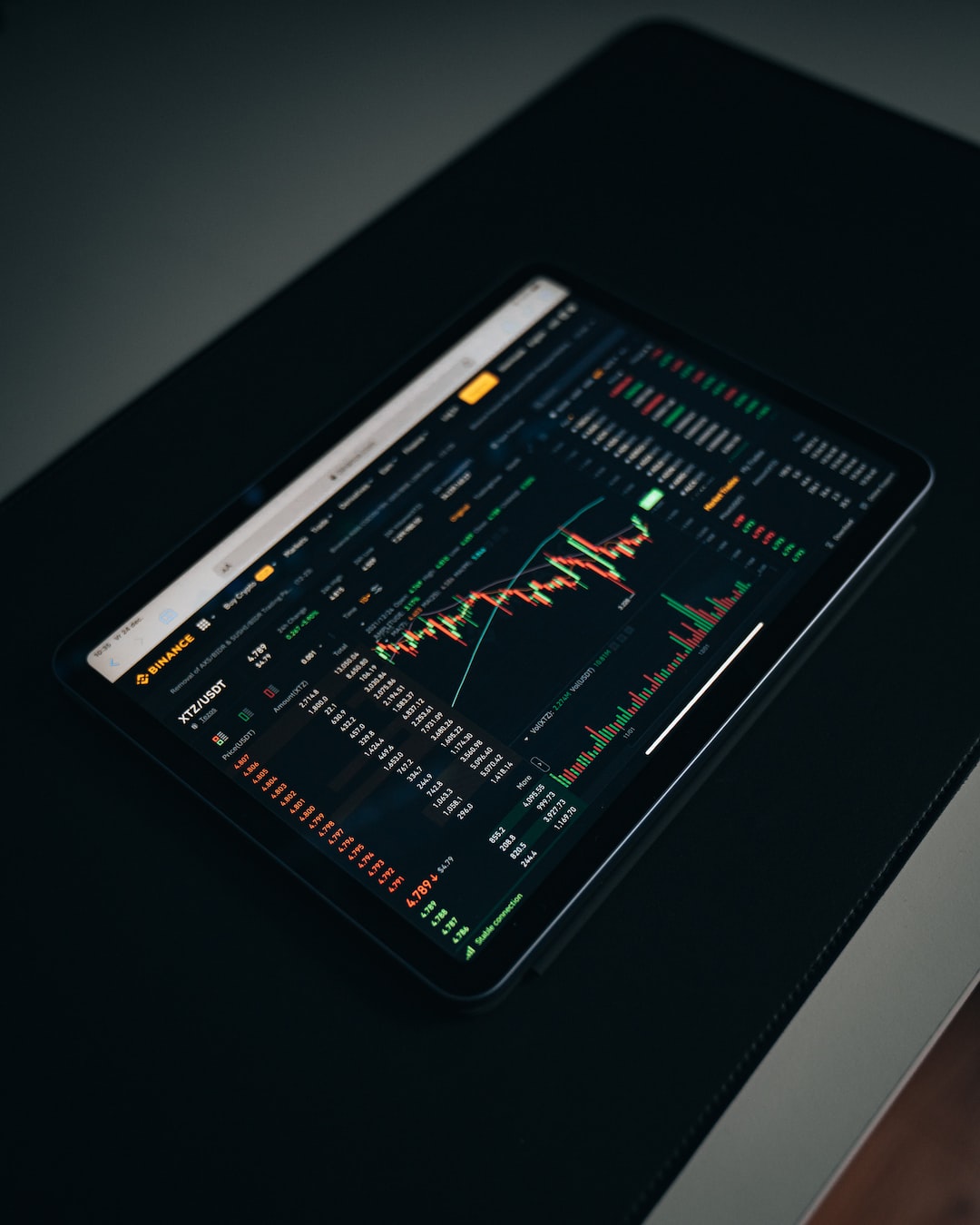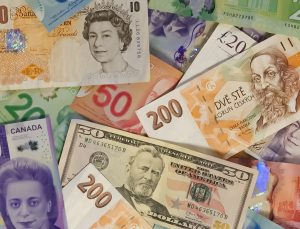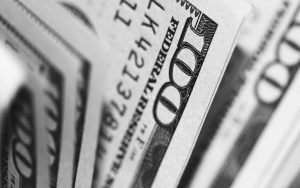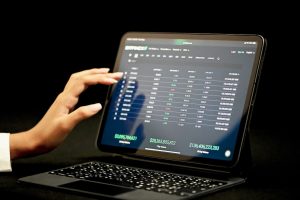Forex trading, also known as foreign exchange trading, is the process of buying and selling currencies from different countries. It is a popular way of investing and trading for individuals and corporations alike. However, the forex market is complex and volatile, and it requires a certain level of expertise to become successful. One way to demonstrate this expertise is by obtaining a forex trading certification. In this article, we will discuss the different types of forex trading certifications that you can obtain.
1. Forex Trading Education Certifications
The first type of forex trading certification is an education certification. Education certifications are designed to provide traders with the necessary knowledge and skills to navigate the forex market. These certifications are not usually recognized by regulatory bodies, but they are still valuable because they demonstrate a level of understanding and commitment to forex trading.
The most popular education certifications include the Forex Trading Course by the Online Trading Academy, the FXCM Trading Course, and the Forex School Online. These courses cover various topics, including technical analysis, fundamental analysis, risk management, and trading psychology. They are usually self-paced, and traders can complete them at their own convenience.
2. Professional Certifications
The second type of forex trading certification is a professional certification. Professional certifications are designed to demonstrate a trader’s proficiency in forex trading. They are usually recognized by regulatory bodies and are required to work in the forex industry.
The most popular professional certifications include the Chartered Financial Analyst (CFA) and the Financial Risk Manager (FRM) certifications. These certifications are globally recognized and demonstrate a trader’s knowledge and expertise in financial analysis and risk management.
3. Regulatory Certifications
The third type of forex trading certification is a regulatory certification. These certifications are required by regulatory bodies to work in the forex industry. Regulatory bodies are responsible for ensuring that forex traders comply with the industry’s regulations and standards.
The most popular regulatory certifications include the Series 3 certification, which is required by the National Futures Association (NFA) to work as a forex trader in the United States. The Financial Conduct Authority (FCA) in the UK requires traders to obtain the Certificate in Investment Management (CIM) or the Investment Management Certificate (IMC).
4. Broker Certifications
The fourth type of forex trading certification is a broker certification. These certifications are designed to demonstrate a trader’s proficiency in using a particular trading platform. Broker certifications are usually provided by forex brokers and are not recognized by regulatory bodies.
The most popular broker certifications include the MetaTrader 4 (MT4) and the MetaTrader 5 (MT5) certifications. These certifications demonstrate a trader’s knowledge and expertise in using these popular trading platforms.
Conclusion
Forex trading certifications are a valuable way to demonstrate a trader’s knowledge and expertise in the forex market. Education certifications provide traders with the necessary knowledge and skills to navigate the market, while professional certifications demonstrate a trader’s proficiency in forex trading. Regulatory certifications are required by regulatory bodies to work in the forex industry, and broker certifications demonstrate a trader’s proficiency in using a particular trading platform. Obtaining one of these certifications can help traders stand out in a competitive market and increase their chances of success.






